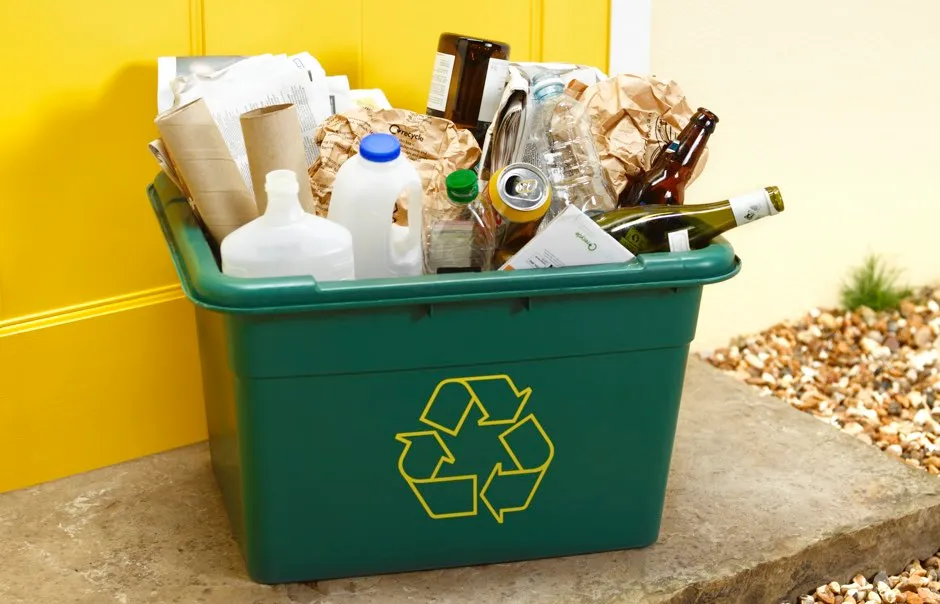The problem of rising ocean plastic pollution such as plastic bags, discarded fishing nets and microplastics has received increased attention in recent years.
But other pollutants such as oil and gas, pesticides, antibiotics, heavy metals and industrial chemicals are also severely impacting the world’s oceans, says a new report from the High Level Panel for a Sustainable Ocean Economy (Ocean Panel).
“Even though plastic is a hot topic, it is unfortunately just the latest major pollutant to enter the ocean,” says Ellie Moss, an ocean plastic expert and co-author of the report.
“I think one of the things that differentiates it from most of the other pollutants is that you can see it. In the other cases, it's sort of these invisible pollutants that we don't even recognise as being there. That's a huge problem.”
Read more about ocean pollution:
- Microplastic pollution threatens hermit crab populations
- BP oil spill: 'invisible' pollution spread even further than believed
- Washing laundry on a delicate cycle releases more plastic microfibres into the ocean
The new report, commissioned by the Ocean Panel which is convened by 14 heads of state, outlines a range of ways to reduce these different ocean pollutants.
In many cases, strategies can tackle more than one type of ocean pollutant at once, the report says. “You really do have to look for opportunities to address as many of these pollutants at once as you can,” says Moss.
Part of the solution is exploring how materials can be recaptured and recycled, the report says, preventing them from seeping into the ocean as pollutants and instead keeping them circulating in the economy.
Developing more eco-friendly materials and chemicals is another important part of the picture.
But there is also a need to simply use resources more efficiently in the first place, the report adds, such as through zero-packaging supermarkets, eliminating single-use plastics and exploring new business models which incentivise more efficient use of pesticides.

“A lot of people think about ‘how do we clean up the ocean’ and that's the wrong question,” says Moss. “The question is not how do we clean it up, it's how do we stop befouling it in the first place.”
Linda Nowlan, who heads the marine program at legal advocacy organisation West Coast Environmental Law in Canada, says voluntary pledges and activities won't be able to protect people from the rising tide of plastic pollution.
“We need a legally binding treaty to stop the continued growth of plastic production,” she says. “There is definitely an urgent need for stronger legal controls on plastic producers and recyclers.”
- A previous version of this feature said the new report from the World Resources Institute (WRI), this has been corrected to High Level Panel for a Sustainable Ocean Economy (Ocean Panel).
Reader Q&A: How does plastic get into the oceans?
Asked by: Tamsin Nicholson, via email
Around 80 per cent of the plastic waste found in the oceans today originated inland. Littering, poor waste management and industrial activity can all allow plastic to enter the natural environment.
A significant proportion of this then blows into rivers and streams, which carry it into the ocean. This is particularly common in countries where waste infrastructure is lacking: an estimated two billion people worldwide don’t have access to solid waste collection.
On top of this, wastewater from our homes often contains tiny pieces of plastic, including microbeads from cosmetics (now banned in the UK) and fibres from polyester clothing. Tackling plastic pollution therefore requires individuals, governments and companies across the globe to work together to reduce plastic consumption and waste.
Read more:

